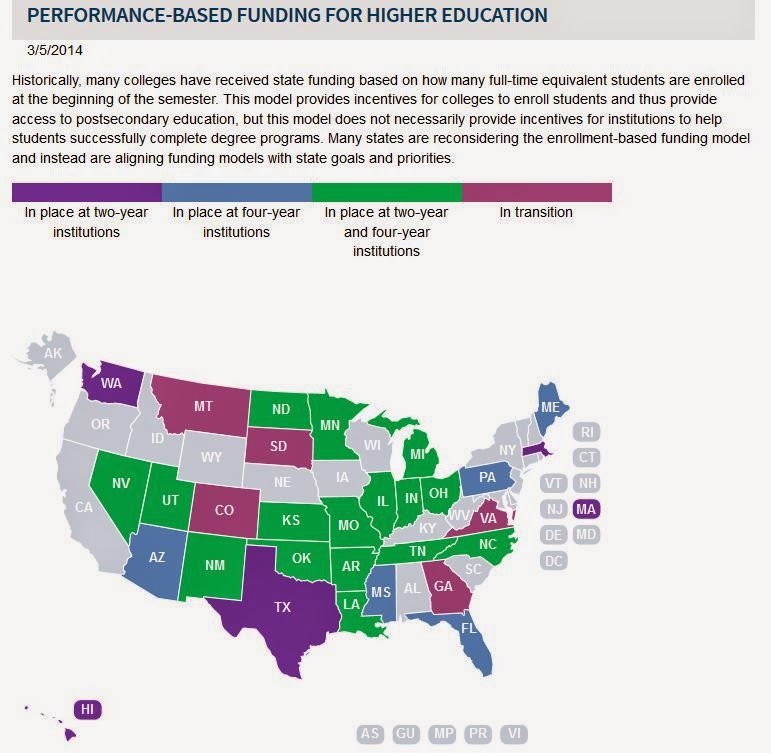When one retires there is a natural tendency for folks to look back on that career and reflect. The Herald-Leader reflected on the career of John Kiser today and found a legacy of lawsuits claiming that he harassed and discriminated against employees. Sad really.
I knew John Kiser as an effective school administrator. As Transportation Director the ex-military man took a job few wanted, and like Mussolini, he made the trains run on time - something I appreciated as a principal. When I called his office for assistance, I got it. When changes were needed, changes were made. But he bore other characteristics of the Italian leader as well.
Evidence suggests that John may also have been a bit class-conscious. The hourly workers under his direction claimed repeatedly that they were treated very differently - disrespected, harassed, and generally made to feel inferior. He was sued repeatedly. But he was defended - protected even - by the superintendent(s).
One imagines the departure of Superintendent Tom Shelton has caused several folks to reconsider their tenure with Fayette County. Lu Young and Kiser have announced their retirements. One might expect others to feel much more vulnerable now as well. Could the school system be in line for a spring cleaning? Will Mary Wright, Rodney Jackson, Kathy Dykes, Melodee Parker, and perhaps others, follow suit?
John Kiser, longtime transportation director
for Fayette County schools, to retire Thursday
This from the Herald-Leader:
John Kiser, the longtime transportation director for the Fayette County Public Schools, is retiring.
Fayette Schools spokeswoman Lisa Deffendall confirmed Monday that Kiser will retire effective Thursday.
District officials will post the transportation position when schools reopen Monday, and they hope to name a new director by the end of the month, Deffendall said.
Kiser headed the Fayette Schools' transportation for more than 20 years, but he was embroiled in controversy at times.
Four Fayette school bus drivers sued Kiser and then- superintendent Peter Flynn in U.S. District Court in 1999, alleging that they were harassed by supervisors after they publicly complained about alleged age and sex discrimination in the transportation department. The suit also named the Fayette County school board.
In 2000, a federal jury affirmed the four drivers' complaints of discrimination, awarding them a total of $100,000.
The controversy began in 1998, when some Fayette bus drivers took their complaints to the district's Equity Council, which then issued a report calling for reforms and concluding that the transportation department was "in chaos from the inside out." Some of the drivers also picketed the school system's central offices on East Main Street to call public attention to their complaints.
Flynn, the superintendent, responded by arranging to provide mediators for disputes and sensitivity training.
Controversy in the department persisted, however.
Sherry King, a former Fayette school bus driver, sued Kiser, former superintendent Stu Silberman, three transportation supervisors and the school board in 2011, alleging that she was sexually harassed while working for the district. King alleged that she became a target of bullying and intimidation by Kiser and the three supervisors after she filed a grievance about the alleged sexual harassment.
Tom Shelton, who was named Fayette superintendent in June 2011, said he began hearing complaints over working conditions in the transportation department shortly after he was hired.
Shelton said he planned to conduct an inquiry into issues in the department, but he had to put that plan on hold once King filed her lawsuit.
Shelton recently resigned to become director of the Kentucky Association of School Superintendents.
Associate transportation director Marcus Dobbs will direct the department until a permanent director is named, Deffendall said.
KSN&C Backstory:
Thursday, January 27, 2011 - Where Grievances Go To Die
Wednesday, February 09, 2011 - Blogging from Under the Bus
Thursday, May 19, 2011 - Respect and Disrespect
Thursday, September 15, 2011 - Fayette Transportation Director Kiser Sued for Retaliation Against Whistle Blower
Wednesday, September 21, 2011 - Former bus driver for Fayette schools sues, alleging sexual harassment
Saturday, March 03, 2012 - Fayette Transportation Employees Accuse Department of Fraud
Thursday, March 08, 2012 - Disrespect Again
Friday, March 09, 2012 - Fayette superintendent launches transportation department review
Tuesday, March 20, 2012 - FCPS Transportation Manager Openly Flaunts District Policy - Evidence of a Double Standard in FCPS Transportation Dept - Board considering a new policy requiring all board owned vehicles to be kept at work
Sunday, May 13, 2012 - Wasted Effort Sends Another Bad Message in FCPS Transportation












